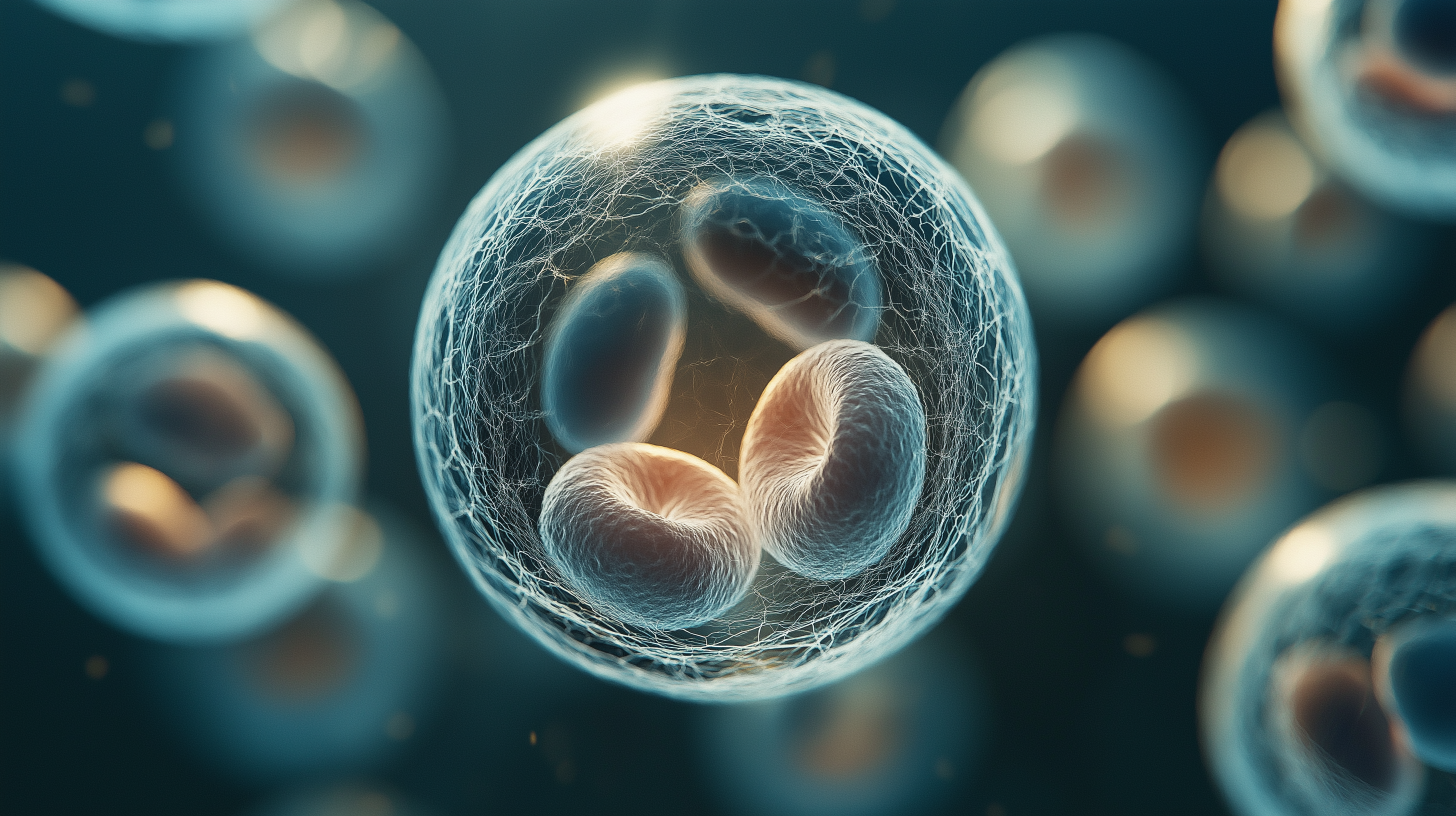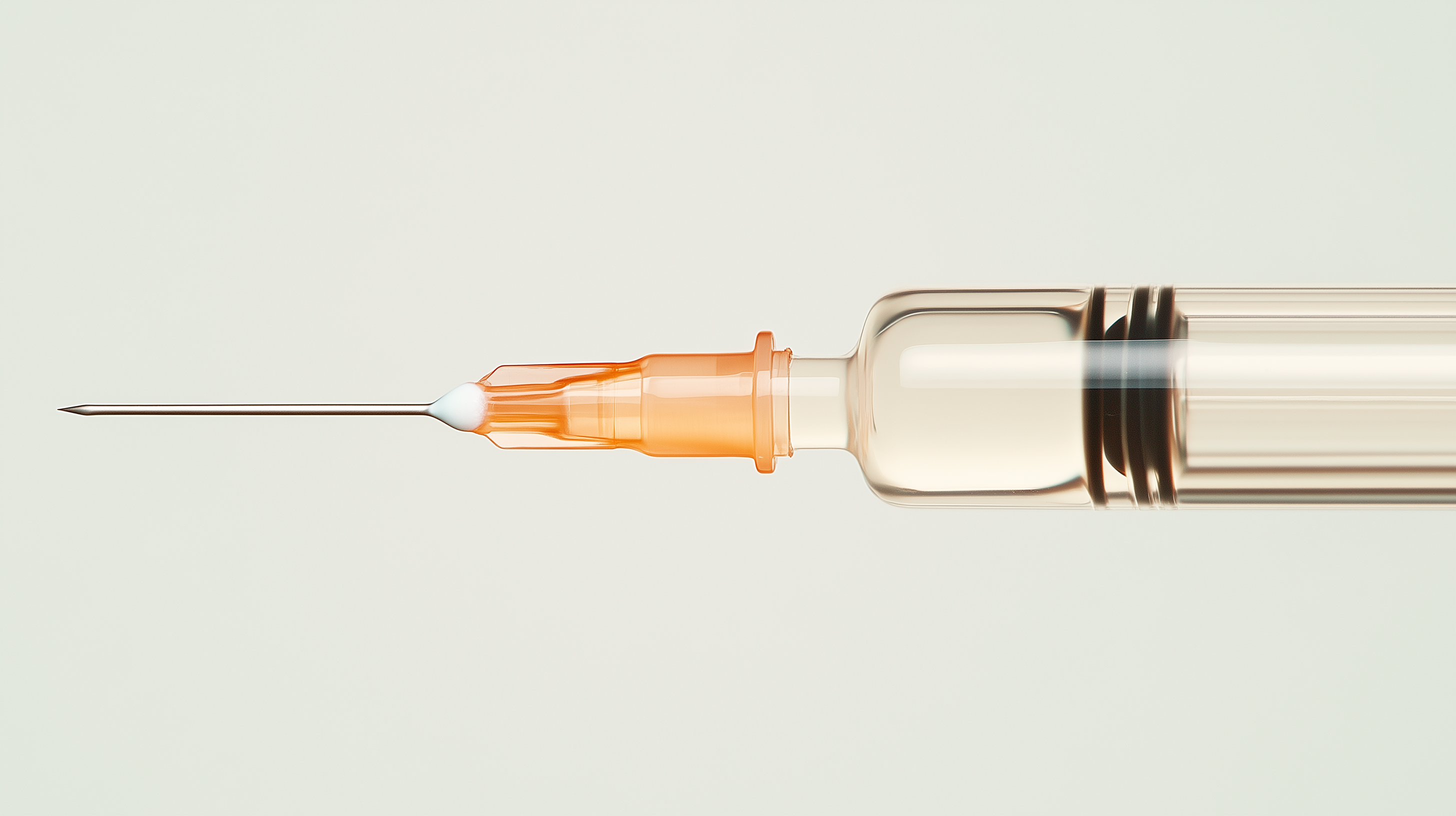As an aesthetic surgeon, I am privileged to witness the transformative power of cosmetic procedures, both physically and emotionally. While surgery can deliver remarkable results, achieving and maintaining these outcomes requires more than just the surgical intervention itself. Patients who make thoughtful lifestyle changes before and after their procedures often experience better results, faster recovery, and greater overall satisfaction. Here are the key lifestyle adjustments I recommend to maximise the benefits of aesthetic surgery.
Pre-Surgical Preparations
1. Maintain a Healthy Diet
A nutrient-rich diet plays a crucial role in preparing your body for surgery. Eating a balanced diet rich in vitamins, minerals, and antioxidants supports tissue healing and boosts the immune system. Prioritise foods that are high in lean proteins, such as chicken, fish, beans, and tofu, as they are essential for wound healing. Additionally, incorporate fruits and vegetables like spinach, berries, and citrus fruits, which are rich in vitamins A and C.
It is equally important to avoid processed foods, sugary snacks, and excessive salt, as these can contribute to inflammation and delayed healing.
Dangers of Ultra-Processed Foods
Ultra-processed foods are industrial formulations made primarily from substances extracted from foods, such as oils, fats, sugars, and artificial additives. These include items like sugary cereals, packaged snacks, sodas, instant noodles, and processed meats.
The dangers of ultra-processed foods extend far beyond simple weight gain:
- Increased Inflammation: Many ultra-processed foods contain high levels of refined sugars, trans fats, and artificial additives, which can trigger inflammatory responses in the body. Chronic inflammation can hinder the body’s ability to heal properly after surgery.
- Poor Nutrient Profile: These foods are often calorie-dense but nutrient-poor, meaning they provide energy without the essential vitamins and minerals needed for tissue repair and immune support.
- Metabolic Disorders: Regular consumption of ultra-processed foods has been linked to an increased risk of metabolic disorders, including obesity, type 2 diabetes, and cardiovascular diseases. These conditions can negatively impact surgical outcomes and recovery times.
- Gut Health Disruption: Artificial additives and preservatives can disrupt the balance of healthy gut bacteria, impairing digestion and nutrient absorption—both of which are crucial for healing.
- Addictive Properties: Many ultra-processed foods are engineered to be hyper-palatable, leading to overconsumption and difficulty maintaining a balanced diet.
Staying well-hydrated by drinking plenty of water and focusing on whole, unprocessed foods like fresh produce, lean proteins, and whole grains is essential for optimising surgical results and overall health.
2. Quit Smoking
Smoking is one of the biggest obstacles to successful surgical outcomes. Nicotine restricts blood flow, which significantly impairs wound healing and increases the risk of complications such as infection, scarring, and skin necrosis. I advise patients to quit smoking at least four to six weeks before surgery and to remain smoke-free during the recovery period.
3. Achieve a Stable Weight
For body contouring procedures such as liposuction or tummy tucks, maintaining a stable weight is vital. Significant weight fluctuations after surgery can compromise the results. I encourage patients to reach a healthy, sustainable weight through a combination of diet and regular exercise before undergoing any aesthetic procedures.
4. Optimise Physical Fitness
Being physically fit helps your body handle the stress of surgery and accelerates recovery. Cardiovascular exercises improve circulation, while strength training builds muscle mass that can support better postural alignment after procedures. A personalised exercise routine designed in consultation with a fitness professional can be beneficial.
5. Manage Mental Health
Undergoing surgery can be both exciting and anxiety-inducing. Mental preparation is crucial. Practising stress-reducing techniques such as mindfulness, meditation, or counselling can help maintain emotional well-being. Clear communication with your surgeon about your goals and concerns also contributes to peace of mind.
Post-Surgical Lifestyle Changes
1. Follow Post-Operative Care Instructions Diligently
Every surgical procedure comes with specific aftercare instructions tailored to optimise healing and outcomes. These may include guidelines on wound care, activity restrictions, and medication use. Adhering strictly to these instructions minimises complications and ensures a smoother recovery.
2. Rest and Prioritise Recovery
Giving your body the time it needs to heal is essential. Patients often underestimate the importance of rest. Adequate sleep and reduced physical activity in the immediate post-operative period allow the body to focus on repairing tissues. I always remind my patients that rushing back to daily activities too soon can jeopardise their results.
3. Gradually Reintroduce Exercise
While rest is important, complete inactivity isn’t ideal for long periods. Gentle movements such as short walks can help reduce swelling and lower the risk of blood clots. As healing progresses, I guide patients on when and how to resume more intensive physical activities.
4. Maintain a Healthy Diet for Healing
Post-surgery, your body requires additional nutrients to support the healing process. Continue consuming protein-rich foods and vitamins C and E for tissue repair. Avoid alcohol and caffeine during the initial recovery phase, as they can dehydrate the body and interfere with healing.
5. Manage Swelling and Scarring
Swelling and scarring are natural parts of the healing process. To reduce swelling, patients can elevate the treated areas, apply cold compresses (if instructed), and wear compression garments when prescribed. Silicone-based scar treatments, massage techniques, and sunscreen use can help minimise scar visibility.

Long-Term Lifestyle Adjustments
1. Maintain a Stable Weight
Long-term weight management is crucial to preserving the results of procedures such as liposuction or abdominoplasty. Regular exercise and a balanced diet are the cornerstones of weight maintenance. I encourage patients to adopt sustainable lifestyle habits rather than pursuing crash diets.
2. Protect Your Skin
For facial aesthetic surgeries such as facelifts or rhinoplasty, skincare becomes a critical factor in maintaining results. Sunscreen with a high SPF should be a daily essential, as UV rays can cause skin damage and accelerate ageing. Additionally, a skincare regimen that includes gentle cleansers, moisturisers, and antioxidant-rich serums can enhance skin health.
3. Avoid Smoking and Excessive Alcohol Consumption
The long-term negative effects of smoking and excessive alcohol consumption are well-documented. Beyond affecting overall health, these habits can accelerate ageing, hinder collagen production, and compromise skin elasticity-undoing the benefits of aesthetic procedures.
4. Prioritise Mental and Emotional Well-being
Feeling good about your appearance often goes hand in hand with overall mental and emotional wellness. Engage in activities that bring you joy, seek social connections, and consider professional counselling if needed. Self-confidence flourishes when physical enhancements align with a healthy state of mind.
5. Stay Informed and Maintain Follow-Up Appointments
Regular follow-ups with your aesthetic surgeon ensure that your progress is monitored and any concerns are addressed promptly. Staying informed about advancements in aesthetic treatments and non-surgical maintenance options can also help prolong surgical results.
Special Considerations for Specific Procedures
Facial Procedures
Facial surgeries such as facelifts, eyelid surgeries, and rhinoplasties require diligent skincare. Non-invasive treatments like chemical peels and laser therapies may also be recommended to complement surgical results.
Breast Procedures
After breast augmentation or reduction, wearing the right support garments is essential. Regular self-examinations and routine check-ups are crucial for monitoring breast health. Maintaining a stable weight helps prevent unwanted changes in breast shape.
Body Contouring Procedures
For procedures like tummy tucks or liposuction, consistent exercise and mindful eating are indispensable. Patients should focus on core-strengthening exercises once fully healed to support a toned abdominal appearance.
Conclusion
As an aesthetic surgeon, my goal is not just to perform technically excellent surgeries but also to guide my patients toward making lifestyle changes that maximise and maintain their results. The journey to enhanced beauty and confidence is a partnership between the surgeon and the patient, built on trust, communication, and shared responsibility. By embracing healthy habits, patients can enjoy the long-lasting benefits of their aesthetic transformations and lead more confident, fulfilling lives.



